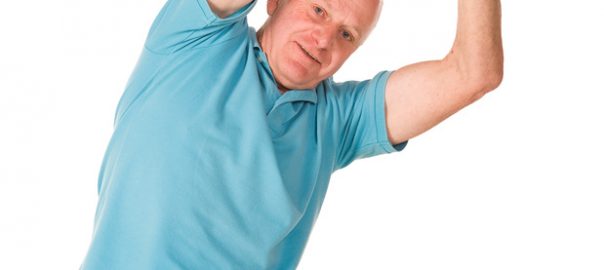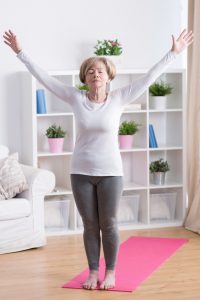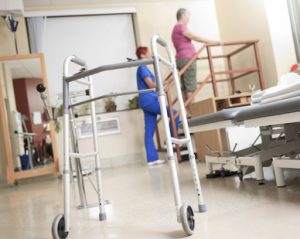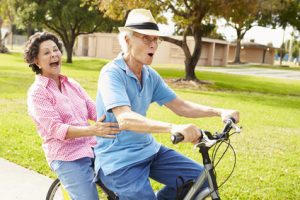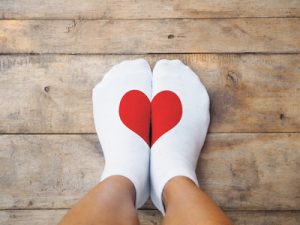Much of the message through advertising is that aging well is based on appearance. If that is you primary focus, fine. As health care practitioners we would prefer your focus to be a wholistic approach to aging well that comes down to function and independence.
You are aging as you read this, whether you are 20, 40, or 70. To optimize your function in general, aging mindfully will help enhance your quality of life. We can only control what we can control, so we may as well do what we can to live a life we deserve now and down the road. Have your daily habits support your goal of healthy longevity.
Habits to Support Aging Well
Practice getting down to the floor and back up again.
This may see simple, but the ability to get up and down from the floor without using your hands is an important physical predictor of early disability and death. You need a combination of strength, joint mobility and stability. We recommend that you practice this often. If you are not Abe to do this or comfortable doing this on your own, your Physiotherapist can help support you in this. Your Physio may provide exercises to progress to this point as well as assist and supervise you in getting up and down from the ground safely.
Move everyday.
The body is made to move. The old adage “if you don’t use it you lose it”is correct. We start losing muscle mass, strength, and flexibility in our 20’s. Maintaining and even pushing to get stronger and better function in our younger years is beneficial, BUT this doesn’t mean you cannot improve as an older adult. Become comfortable in the gym, take a basic yoga or Tai Chi class. Walking is fantastic BUT it is not a strengthening exercise. It is as important to do some strengthening exercises in addition to cardiovascular exercises.
Challenge your brain.
Learn new skills. There are clubs, groups and private lessons. Learn an instrument, take a course, learn a new language.
Practice meditation and mindfulness.
This doesn’t have to be complicated. You can often find free learn to meditate groups in the community. There are also informal meditations online. You can find short meditations on youtube. Moving mindfulness can help in our self-awareness. Go for a walk, bring your attention to your breathing, your arm swing, how soft your feet sound when you stride.
Strengthen your base.
Your base is your feet. Yes, as our Oakville Chiropodists would tell you, footwear is important, but don’t trap your feet in shoes and socks constantly. Stretch, your feet out and use your muscles. We have a lot of sensory receptors in our feet as well. Input to those receptors is input to the brain. Safe barefoot time with some input with a soft “prickle ball”, towel scrunch exercises, standing with barefoot on a squishy surface such as a thick yoga mat with feet close together or on one foot.
Many of these tasks can be combined. There are nature or bird watching groups that go for walks. This way you learn move and learn a new skill. Taking a Yoga class and even a yoga teachers training class. Taking specific yoga courses and learning a skill more deeply is an excellent way to learn and participate in a task more mindfully.

